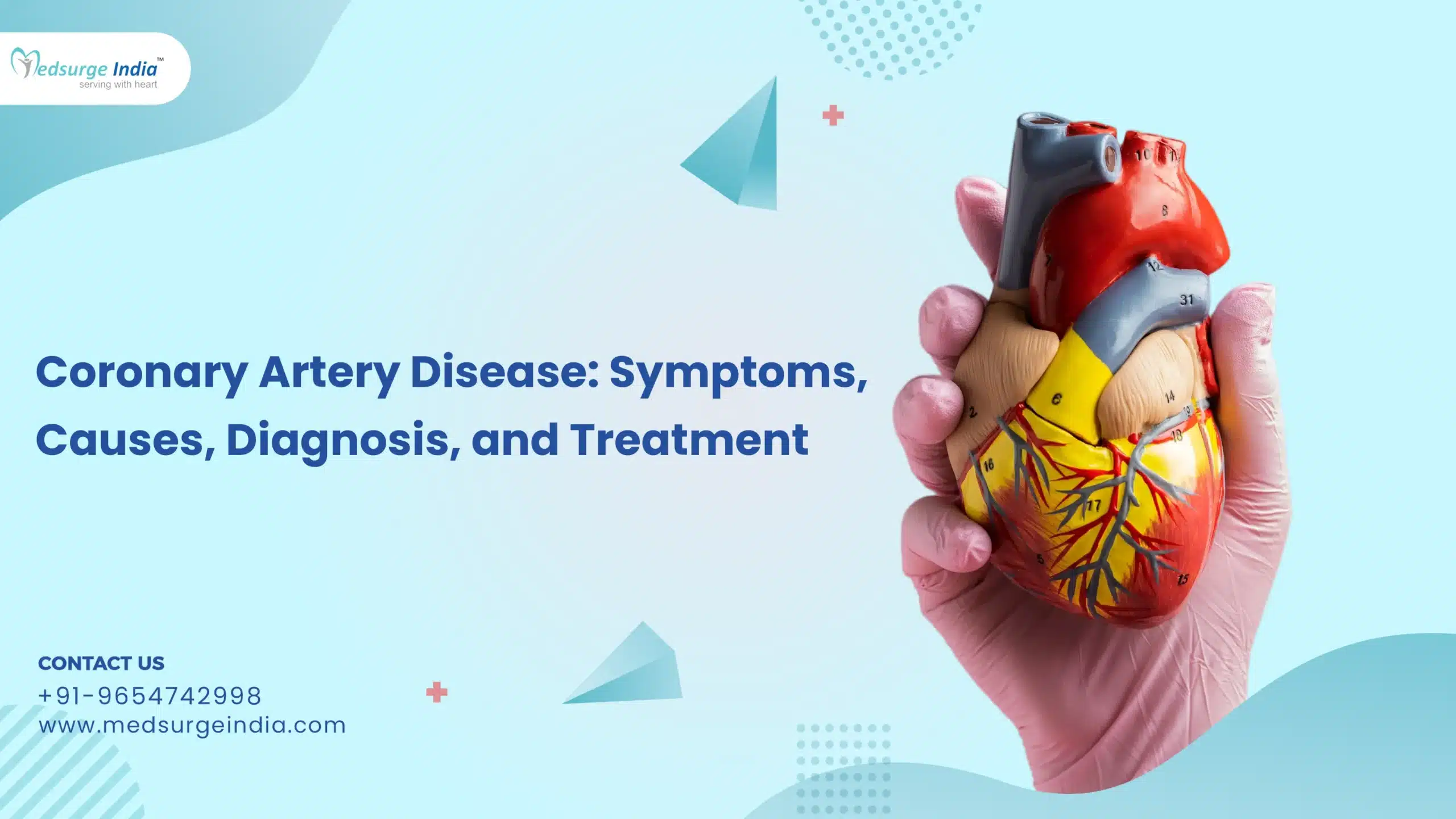
How One Can Cure Gastric Problem Permanently
In today’s fast-paced society, people’s eating habits are continuously changing. Many people overindulge in trans fats, sweets, and oil, resulting in a bloated tummy! Adults, children, and the elderly are all affected by digestive issues and other ailments.
The oesophagus (food pipe), stomach, and intestines make up the gastrointestinal tract. The oesophagus delivers food to the stomach and intestines, where it is broken down into tiny particles so that the nutrients can be absorbed.
Most people who have stomach problems can be helped with over-the-counter medications and lifestyle adjustments. The most prevalent issues are indigestion and heartburn.
What is the Gastric Problem?
The most common symptom of gastric pain is discomfort in the upper abdomen. Many people have gas or gas pain on a regular basis, if not daily. Teenagers and the elderly are both susceptible to stomach problems.
The gastrointestinal tract includes the area around the oesophagus or food pipe, the stomach, and the intestines. The oesophagus transports food particles to the stomach and intestines, where they are broken down into minute particles, allowing other organs and tissues to absorb nutrients and carry out their biological functions, resulting in optimal overall health.
Gas pain can be so severe that it’s mistaken for appendicitis, gallstones, or even heart problems by specialists.
What are the Symptoms of Gastritis?
Symptoms of indigestion and an upset stomach include:
- Nausea or a recurring stomach ache
- Bloating in the abdomen
- Abdominal Pain
- Vomiting
- Indigestion
- stomach ache
- Ulcers
- Stomach pain that feels like it’s burning
- Hiccups
- Appetite loss
- Vomiting blood or a substance that looks like coffee grounds
- Stools that are black and tarry
Reasons for Gastric Problems
The heavy gastric condition can be caused by a variety of factors, including being on an empty stomach for long periods of time, eating unhealthy or spicy foods in excess, or drinking alcohol. Multiple difficulties related to gastrointestinal problems are also caused by stress, tension, and anxiety. Another simple but significant reason is the habit of not thoroughly chewing food. Gastric issues can also be caused by internal infections. Other explanations include:
- Helicobacter pylori (H. pylori): It is a bacteria that causes stomach ulcers. A bacteria that dwell in the stomach’s mucous lining. This infection, if not treated promptly, can progress to ulcers and, in some cases, stomach cancer.
- Bile reflux: It is the backflow of bile from the bile duct into the stomach.
Other factors that may cause the gastrointestinal conditions to include:
- Indigestion
- Acidity
- Bloating in the stomach
- Heartburn
- Infections caused by viruses or bacteria
- Food Poisoning
- Stones in the kidneys
- Constipation
- Tumors
- Pancreatitis
- Ulcers
- Gastroenteritis
- Lactose Intolerance
- Celiac Disease
- Crohn’s Disease
- Diabetes
- Ulcerative colitis
- Irritable Bowel Syndrome (IBS)
How to Control Gastric Condition?
If you’re wondering how to address gastrointestinal problems at home, consider the following suggestions:
- Drink plenty of water, incorporate lemon juice into your diet, sip warm water, and apply baking soda and lemon to your skin.
- A glass of chilled milk, buttermilk, and mint juice is also beneficial
- Stomach bloating, which is the core cause of gastritis, can be relieved with a warm cup of fennel, chamomile, or ginger tea.
- You should consume nutritious foods. Consume a diet rich in whole grains, fruits, and vegetables.
- When feasible, prepare meals at home to give yourself more control over your diet.
- As much as possible, stay away from fried and junk meals.
- It’s also a good idea to consume smaller meals. If you are used to eating larger meals, try splitting them up into smaller portions throughout the day. This can aid in the relief of stomach pain and gastrointestinal issues.
How to Cure Gastric Problems Permanently in 5 Simple Steps
It is possible to naturally treat a gastrointestinal condition by making the following changes:
- Eat smaller meals at proper intervals of time.
- Put out that Cigarette Now!
- Switch Colas with coconut water.
- Sleep 8 hours every day.
- Control your consumption of alcohol.
- Avoid eating junk food.
What are the Post Treatment Guidelines?
Taking your medication as given by your doctor on a regular and timely basis, and verifying if you are taking any anti-inflammatory or pain relievers by mistake, as this may enhance the risks of heartburn, are all post-treatment advice for gastrointestinal trouble.
You should exercise on a regular basis, although high-impact workouts should be avoided. Keep a close eye on your diet and stay away from alcoholic beverages, greasy or fried foods, spicy foods, carbonated beverages, and other citrus fruits or juices. Drink plenty of pure water and other oral hydration products to stay hydrated at all times.
When to See a Doctor?
In most cases, an upset stomach and indigestion are not caused for alarm. Symptoms should subside within a few hours for the majority of people. Because older individuals and children can get dehydrated much more quickly, vomiting and diarrhea that lasts more than a day should be treated medically.
A doctor should be consulted if you have severe, frequent, or persistent stomach troubles. It’s also a good idea to see a doctor if you have any of the following symptoms:
vomiting or diarrhea that is persistent or uncontrollable
- Constipation for a long time
- Fever
- A bloody feces or vomit
- Not being able to pass gas
- Lightheadedness or dizziness
- Arm ache
- Weight loss that is unintentional
- A bulge in the stomach or abdomen
- Swallowing problems
- History of iron deficiency anemia or other related illnesses
- Urinary discomfort
If any of the above symptoms persist for an extended period of time. Stop avoiding the situation and seek medical treatment immediately, as these gastric symptoms can progress to a gastrointestinal tumor in the future.












